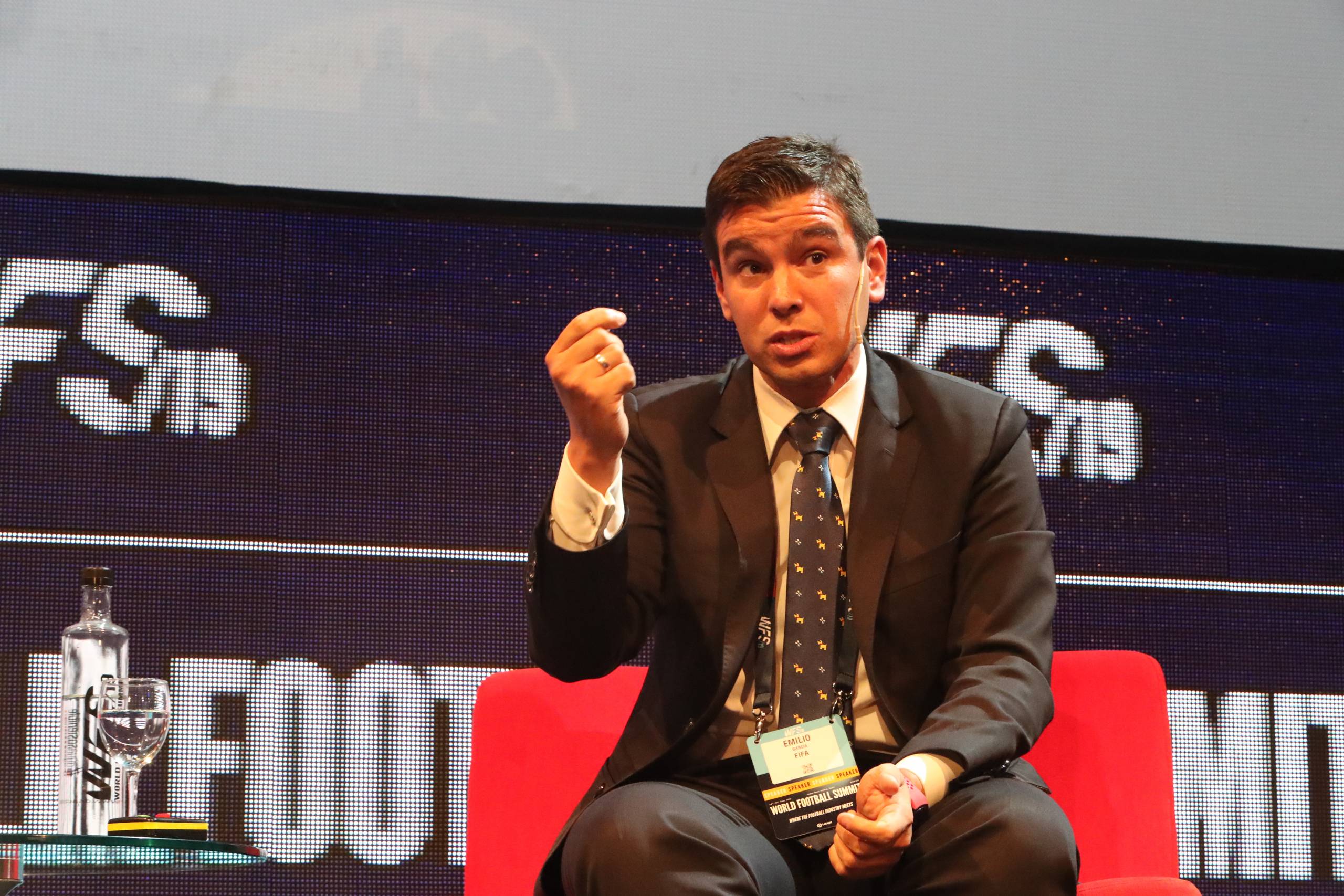By Euan McTear
There is a huge gap in the transfer market that is rarely discussed and that is seriously damaging for grassroots football. The gap between the amount of money due to clubs for coaching players during their developmental years and the payments actually received by these clubs is growing and has become such a problem that FIFA is setting up a mechanism whereby the governing body will take charge of processing all training rewards payments.
It has long been established that clubs who coach players between the ages of 12 and 23 are due compensation for their efforts if the player goes on to become a professional. This comes in the form of Training Compensation (paid when a player is registered for the first time as a professional or if a player is transferred between clubs of different associations before their 23rd birthday) or in the form of Solidarity Contributions (paid when a professional is transferred before the expiry of a contract).
However, the money simply isn’t flowing to the places where it should.
“When a player is transferred, the club that signs the player has the obligation to divide 5% of the value of the transfer amongst the clubs that trained the player between the ages of 12 and 23, but this doesn’t happen,” FIFA’s Chief Legal Officer Emilio García said at the 2019 World Football Summit event held in Madrid in September, where he also explained to the audience just how large the gap is between the fees due in Solidarity Contributions and Training Compensation and those actually paid.
In 2018, for example, $351.5m was due to be distributed in Solidarity Contributions, but just $67.7m was actually forked out. That’s just 19.3%. Worryingly, this percentage has been decreasing over recent years; in 2013 it was up at 28.1%. While still not nearly high enough, that was a lot better than the situation in the current transfer market, a market that is experiencing drastic change. “The system that previously worked and that has been working now needs to be revised,” García said of FIFA’s Regulations on the Status and Transfer of Players.
“We’re currently studying the possibilities, but the first one we’re looking at is closing access to the transfer market for clubs who refuse to transfer the amount for the clubs who developed the player”,
Emilio García, Chief Legal Officer, FIFA
FIFA’s solution is for the governing body to centralise and to take greater oversight of the distribution of these payments. FIFA’s Clearing House, a separate entity that will be set up under the full control of the governing body, is a project that was approved in October of 2018 and a tender has just been held to find partners with the financial and technical expertise to help FIFA manage these funds.
While García couldn’t commit to a date as he was asked when the new system might be rolled out by World Football Summit’s interviewer David Álvarez, a journalist at El País, he did reveal that the winter window of the 2020-21 season could be the first one to function using the Clearing House. Whenever it is put into action, the smaller clubs who put in the hours and hours of coaching time to develop the star players of the future stand to benefit.
“The money is being kept away from the clubs that have really developed the players,” García said of the current situation. “There is clearly a huge gap and what we’re going to try to do with the Clearing House is to tackle this”.

Through electronic player passports that follow players from the age of 12, FIFA will be able to accurately monitor where a player has been developed and then ensure that these institutions, no matter how big or small, are compensated if they are ever due compensation for that player. While it’s easy for the first clubs that developed high-profile superstars like Eden Hazard or João Félix to learn of their former players’ latest moves, not all transfers hit the frontpages and clubs often don’t even know about all the transfers they could be chasing up. So FIFA are removing the need for them to chase up such payments.
It’s vital, therefore, for information to be accurately recorded through the electronic passports and the FIFA Digital Football Registration and Transfer Suite, which is why free technology tools are being offered to assist the national associations.
And what if clubs fail to deposit the sufficient amounts with FIFA and their partners? In such a case, there will be sanctions. “We’re currently studying the possibilities, but the first one we’re looking at is closing access to the transfer market for clubs who refuse to transfer the amount for the clubs who developed the player”, García said, sending a message as to just how seriously FIFA is taking this issue.
This is only the beginning of FIFA’s centralisation of payments associated with transfers. García also told those in attendance at World Football Summit that there are plans to make improvements to the field of football agent commissions. While García stressed that player representatives perform a vital role, he did express concern at the fact that $548m was spent on agent commissions in 2018, while just $90m was transferred to clubs in the form of Solidarity Contributions and Training Compensation.
Once FIFA becomes the intermediary in this field, an intermediary with the interests of grassroots football at heart, this issue can be properly tackled. It’s a project that promises to shake up the football transfer market as we know it.

